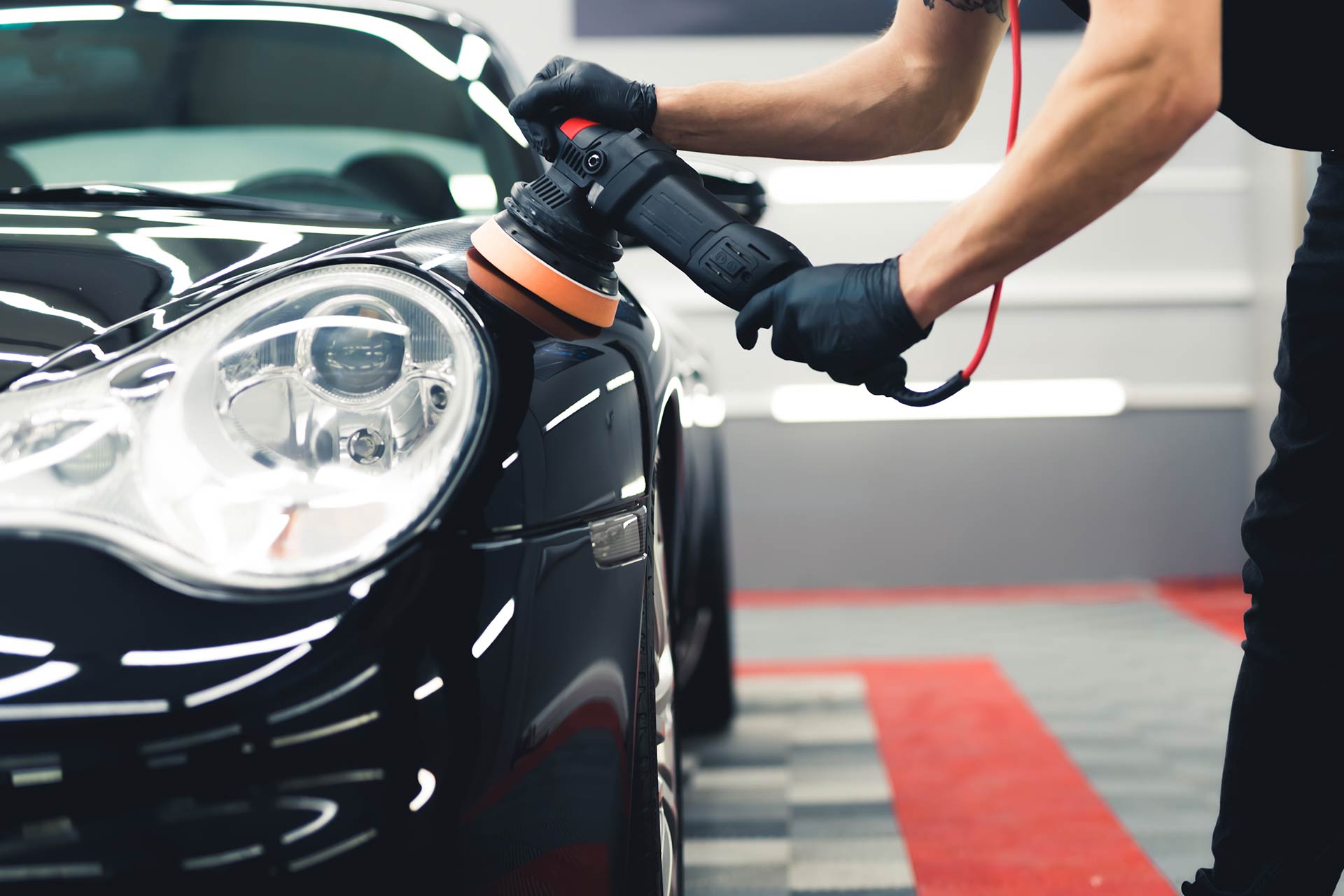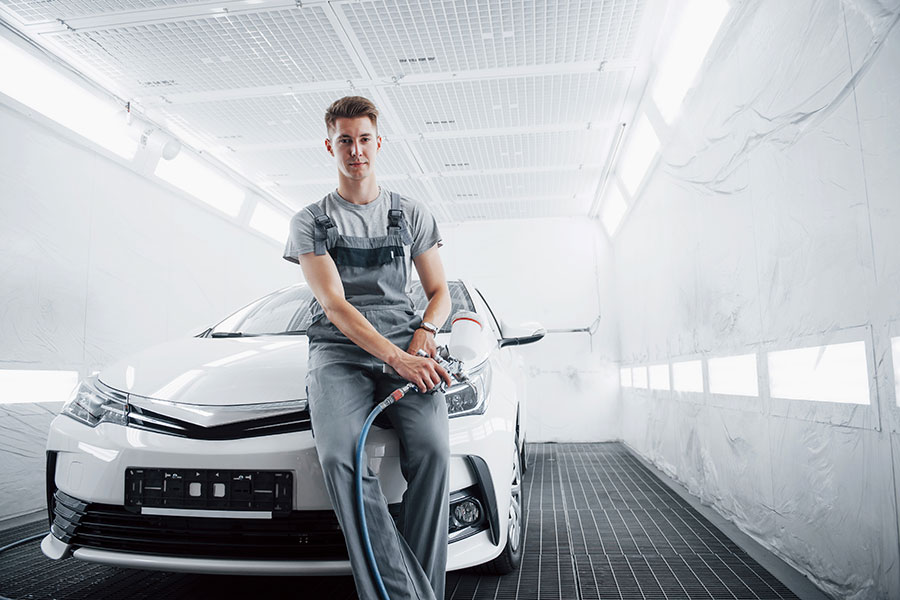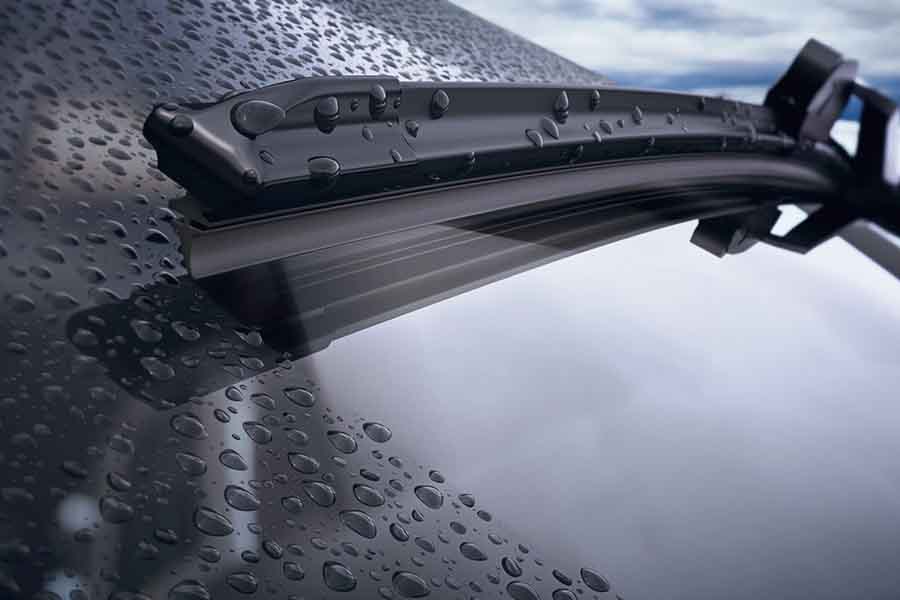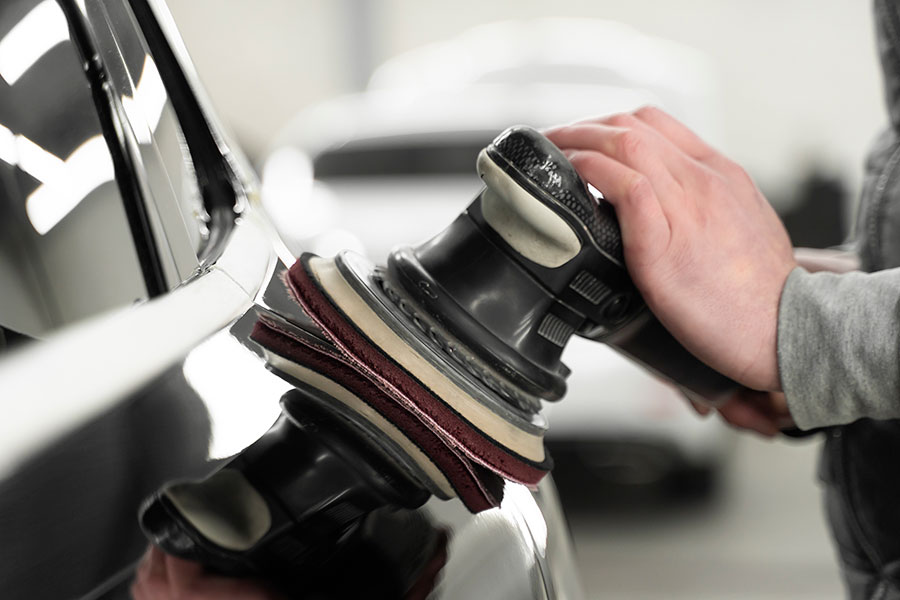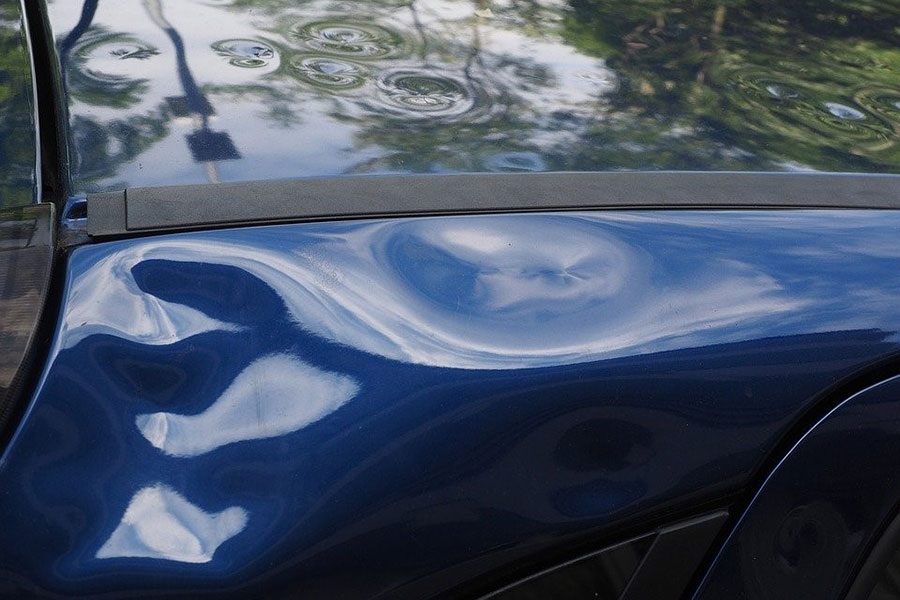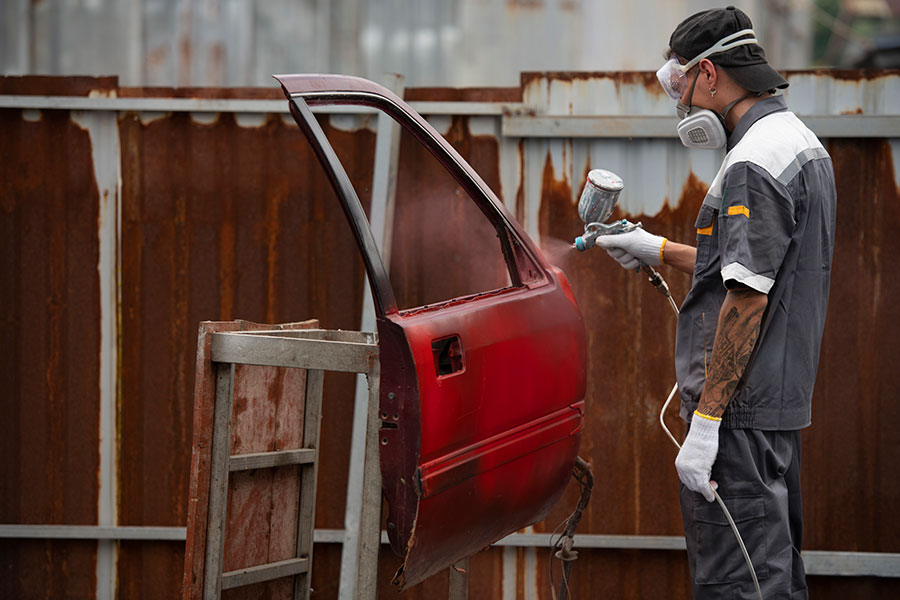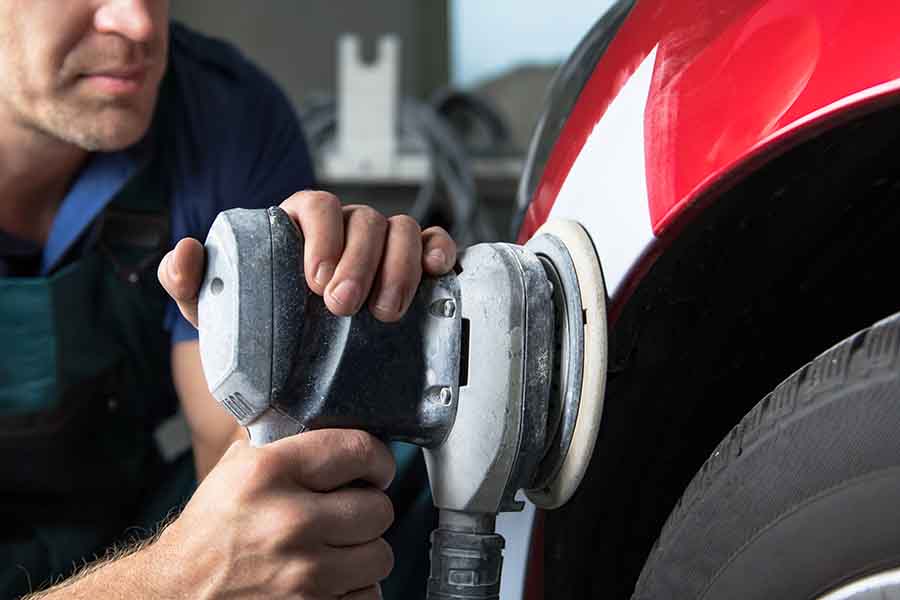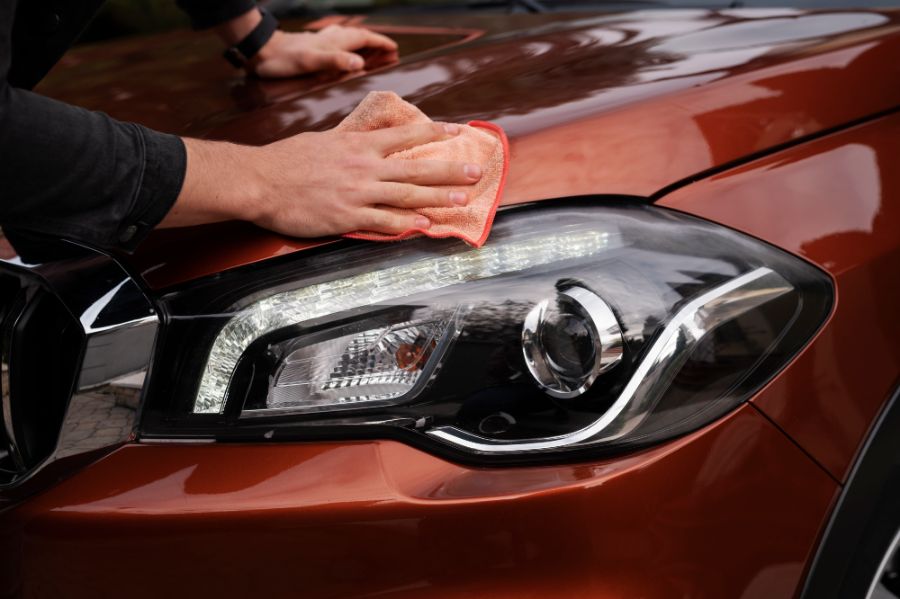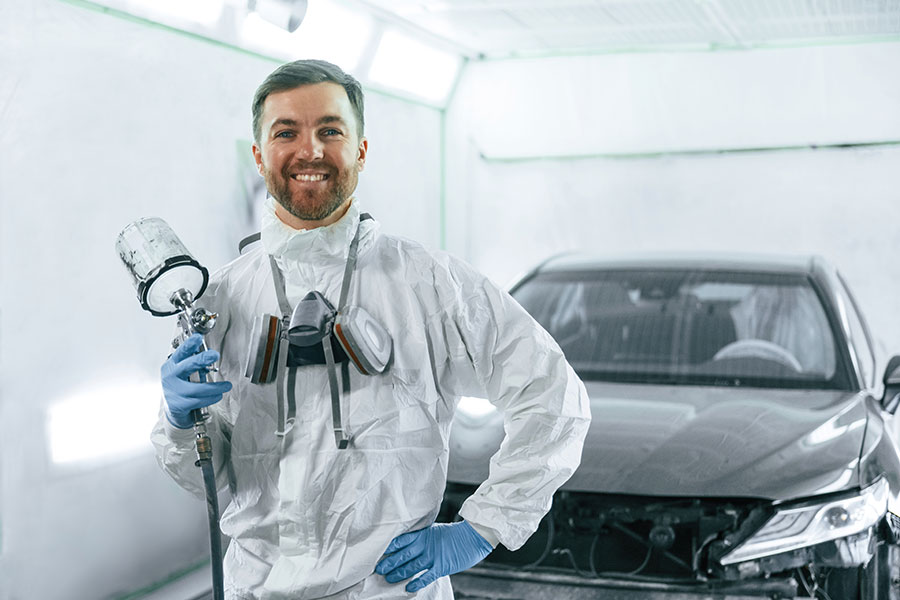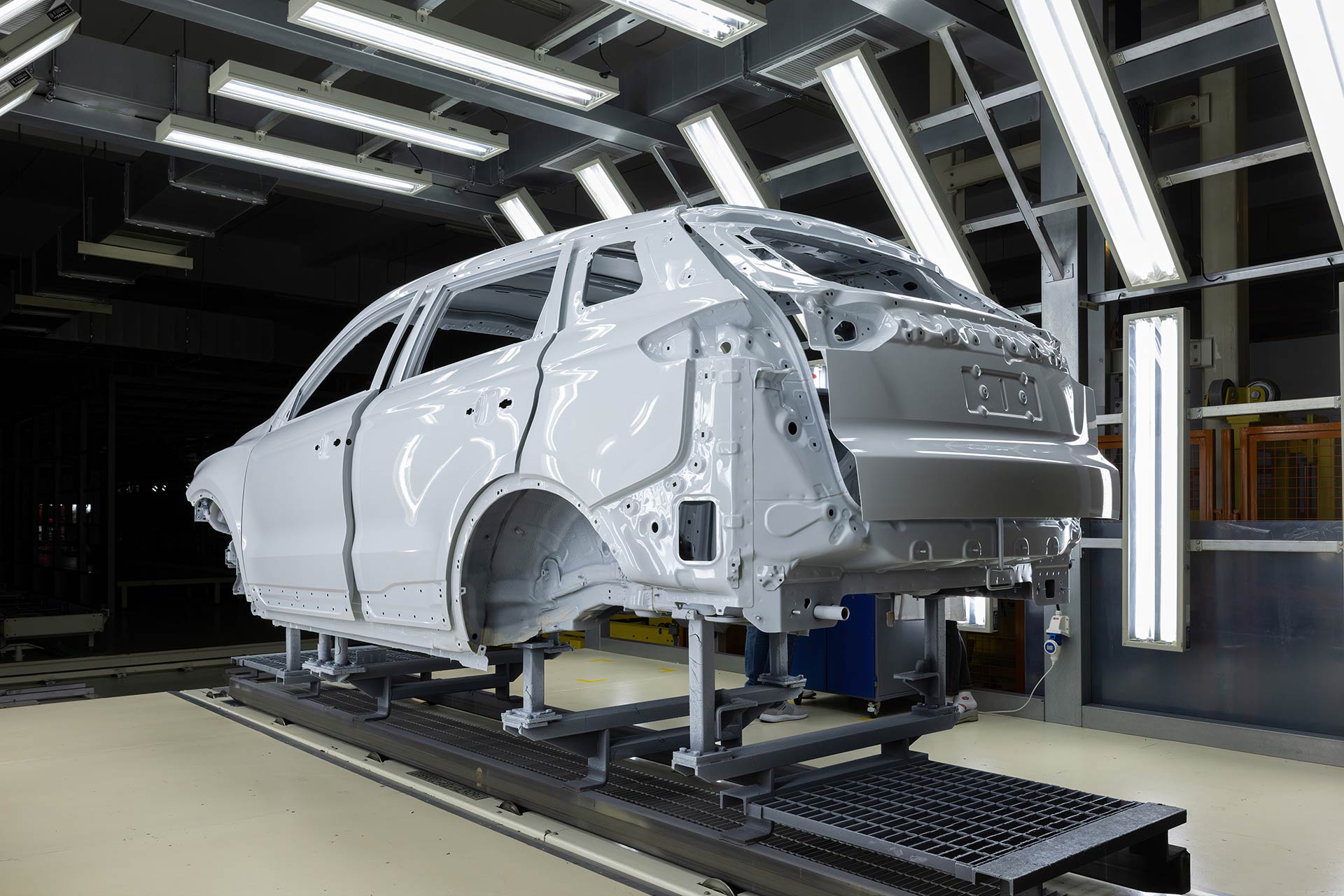Over 75% of car owners believe regular maintenance extends a vehicle's life, yet many neglect this crucial aspect. Car maintenance for longevity isn't just about keeping your ride looking good; it's about ensuring every trip is safe and your car runs efficiently for years to come. From oil changes to tire rotations, understanding the basics can save you from hefty repair bills down the line. This blog post dives into easy, actionable steps you can take to keep your car in top shape, ensuring it serves you well long into the future. Let's get straight to the point and explore how simple habits and regular check-ups can significantly impact your car's performance and lifespan.
Extending car lifespan
Maintenance Schedule
Strict adherence to the manufacturer's maintenance schedule is crucial. This ensures your vehicle gets the necessary check-ups and replacements at the right times.
Following this schedule prevents wear and tear from escalating. It helps in identifying potential issues before they worsen. Many car owners overlook this advice, leading to costly repairs down the line.
Quality Parts
Using high-quality parts and fluids is non-negotiable for extending a car's lifespan. Cheap alternatives might save money short-term but can damage your vehicle over time.
Opt for recommended brands and specifications for oil, filters, and other parts. This maintains engine efficiency and prevents unexpected breakdowns. High-quality fluids ensure smoother operation and longer life for your car’s components.
Prompt Repairs
Addressing minor issues immediately can prevent major headaches later. Ignoring small problems like leaks or strange noises can lead to significant damage.
Regular inspections help catch these issues early. Fixing them promptly saves money and extends your vehicle's lifespan. It’s better to handle repairs before they escalate into bigger, more expensive problems.
Routine care tips
Tire Pressure
Maintaining the right tire pressure is crucial for your car's longevity. It ensures that your vehicle runs smoothly and efficiently. Check the tire pressure monthly with a reliable gauge. This simple step can prevent uneven wear, saving you from early replacement costs.
Tires lose air over time and need regular checks to stay at the correct pressure. Incorrect pressure can lead to poor mileage and even accidents. By keeping them inflated properly, you also ensure better handling and braking.
Engine Oil
The engine is the heart of your car. Keeping it running smoothly requires regular oil and filter changes. Follow the manufacturer's recommendations for timing, usually found in your car's manual.
Oil lubricates engine parts, reducing friction and wear. Over time, it gets dirty and less effective. Changing the oil and filter as recommended prevents engine damage and maintains performance. This is one of the most cost-effective ways to extend your car’s lifespan.
Air Filters
Air filters play a key role in maintaining engine efficiency. They trap dirt and debris, preventing them from entering the engine. Inspect your air filter regularly and replace it when it's dirty.
A clean air filter allows for optimal airflow to the engine, improving fuel efficiency and performance. Neglecting this can lead to increased engine wear and poor acceleration. Regular checks ensure your engine breathes easily, boosting its longevity.
Avoiding damage
Shaded Parking
Parking in shaded areas is more than just a way to keep your car cool on hot days. It's a strategic move to protect your car's exterior paint and interior materials from the sun's harsh rays. Over time, direct sunlight can fade the paint and crack the dashboard material.
By choosing shaded spots or using a car cover, you're not only preserving your car's appearance but also its value. Remember, the better your car looks, the higher its resale value will be.
Pothole Caution
Potholes and rough roads are more than just nuisances; they're threats to your car's health. Hitting a pothole can cause immediate tire damage and affect the alignment of your wheels. Over time, this wear and tear on your suspension system can lead to more serious issues.
To reduce wear on suspension and tires, it's crucial to drive carefully and avoid these road hazards whenever possible. If avoiding them isn't an option, slow down as much as safely possible before crossing them. This simple action can significantly decrease the impact and potential damage.
Parking Lot Care
Parking lots are often overlooked as places where cars can sustain damage. Yet, dings and scratches from other vehicles are common here. These small marks might seem insignificant at first, but they can rust or worsen if left unattended.
Using caution in parking lots means being aware of your surroundings and choosing spots that reduce the risk of someone bumping into your car. Consider parking further away from store entrances or in less crowded areas of the lot. The extra steps to your destination are worth it to keep your car looking its best.
Regular cleaning
Exterior Wash
Washing the car's exterior is crucial. It removes dirt and grime that can damage the paint over time. Experts recommend doing this at least once a month. Using a mild soap designed for cars protects the paint while cleaning.
Regular washing prevents rust, especially under the car and around the wheels. These areas get dirty quickly. A clean exterior also improves aerodynamics, which can slightly boost fuel efficiency.
Interior Vacuum
Vacuuming the interior keeps it free from dust and debris. This should be done every few weeks. It's not just about looks; removing particles from the car's interior also helps prevent wear and tear on the upholstery and carpets.
A clean interior creates a healthier environment for passengers. Dust and allergens can build up inside the car, affecting air quality. Regular vacuuming helps to keep these at bay.
Window Cleaning
Clean windows are vital for safe driving. They should be cleaned inside and out regularly. This ensures clear visibility in all driving conditions. Using a glass cleaner made for automobiles avoids streaks and residue.
Besides safety, clean windows make the car look well-maintained. It reflects well on the owner and can even impact the car's resale value down the line.
Detailing hacks
Clay Bar Usage
Using a clay bar twice a year does wonders for your car's exterior. It pulls out dirt and grime that regular washing can't. This leaves the surface smoother and ready for further protection.
After washing your car, gently glide the clay bar over the wet surface. You'll feel it pulling out tiny particles. This process preps your car for waxing or sealing, ensuring those products adhere better and last longer.
Wax Protection
Applying a protective wax or sealant after washing shields your car’s paint from the elements. It creates a barrier against UV rays, rain, and dirt. Choose between natural carnauba wax for a deep shine or a synthetic sealant for longer-lasting protection.
Apply the wax in a thin layer, let it dry, then buff it off with a microfiber cloth. Doing this every few months keeps your car looking shiny and new.
Upholstery Care
Don’t forget the inside of your car. Upholstery cleaners and protectants keep fabrics and leathers in top condition. They remove stains and protect surfaces from wear and tear.
For fabric seats, use a dedicated cleaner and scrub gently with a brush. Leather requires a special cleaner followed by a conditioner to keep it soft and prevent cracking. Apply protectants lightly to avoid making surfaces greasy or slippery.
Maintenance indicators
Dashboard Lights
Heeding warning lights on the dashboard is crucial. These lights are your car's way of communicating. When they light up, it means something needs your attention.
Cars have various warning lights for low oil pressure, engine temperature, and battery charge. Ignoring these can lead to serious damage. For example, a flashing engine light could mean a misfire is happening. This can harm the catalytic converter if not fixed quickly.
Unusual Noises
Listening for unusual noises is another key indicator. Sounds can tell you a lot about your car's health.
A squealing noise when you brake might mean your brake pads are worn out. A rumbling sound under the car could indicate a problem with the exhaust system. Paying attention to these sounds can prevent bigger issues down the line.
Fluid Levels
Monitoring fluid levels and conditions is essential for keeping your car running smoothly. This includes oil, coolant, brake fluid, and transmission fluid.
Low oil levels can cause engine damage. Dirty transmission fluid may lead to shifting problems. Regular checks help avoid these issues. It's not just about topping up fluids but also replacing them when needed.
Brake care
Regular Checks
Brake pads and discs are crucial for your car's safety. They need frequent attention.
To ensure your car stops when it should, check brake pads and discs often. Look for signs of wear or damage. If they're thin or damaged, it's time to replace them. This can prevent accidents and keep your car running smoothly.
Driving habits greatly affect how often you need checks. If you drive a lot in the city, where stopping is frequent, check more often. For those mainly on highways, less frequent checks might be okay.
Fluid Maintenance
Brake fluid is like the blood of the braking system. It needs to stay clean and at the right level.
Over time, brake fluid can absorb moisture from the air. This lowers its boiling point and effectiveness. Flush and replace brake fluid regularly to keep brakes responsive. Mechanics suggest doing this every two years or as your car manufacturer recommends.
This process involves removing old fluid and adding fresh fluid. It ensures that your brakes respond well when you need them most.
Gentle Braking
How you use your brakes can extend their life or wear them down quickly.
Try to avoid heavy braking whenever possible. Instead, anticipate stops and slow down gradually. This isn't just good for your brakes; it saves fuel too.
Heavy braking puts a lot of stress on brake pads and discs, causing them to wear out faster. By driving more gently, you can save money on replacements and keep your car safer.
Key takeaways
Regular Checks
Cars need regular health checks just like humans do. By keeping up with these, you can catch small issues before they turn big.
Regular oil changes are a must. They keep your engine running smoothly. Check your tires too. Proper inflation and rotation extend their life.
Preventative Care
Preventive care stops problems before they start. It's cheaper than fixing big issues later.
Change your fluids on time. This includes brake fluid, which ties back to our section on brake care. Also, replace air filters regularly. They keep harmful debris out of your engine.
Cleanliness Matters
A clean car is not just about looks. It also prevents rust and wear.
Wash your car often, especially in winter. Salt from the roads can damage the paint and undercarriage. Inside, vacuum and wipe down surfaces to keep them looking new.
Final Remarks
Taking care of your car is more than just a duty; it's a smart investment in your vehicle's future. By following the tips on extending lifespan, routine care, avoiding damage, regular cleaning, detailing hacks, maintenance indicators, and brake care, you're setting up your ride for the long haul. Each step you take not only adds miles to your car’s life but also saves you money and hassle down the road. Think of it as caring for a trusted friend who’s always there to take you places.
Now's the time to rev up your car care routine. Don't wait for a breakdown to remind you about the importance of maintenance. Dive into these practices today and keep your car running smoother, longer. Remember, a little effort goes a long way in keeping your wheels in prime condition. Let's hit the road to longevity together – your car will thank you for it.
Frequently Asked Questions
How often should I perform routine car maintenance for longevity?
Routine maintenance should be performed according to your vehicle's manual, typically every 5,000 to 10,000 miles, to ensure longevity and optimal performance.
What are some effective tips for avoiding damage to my car?
Parking in shaded areas, using protective coatings, and avoiding potholes can significantly reduce the risk of damage to your car.
Why is regular cleaning important for extending my car's lifespan?
Regular cleaning prevents rust and corrosion by removing harmful substances like road salt and bird droppings that can damage your car's exterior and undercarriage.
Can detailing really make a difference in my car's condition?
Yes, detailing goes beyond standard cleaning by protecting the paint and interior surfaces, thus preserving your car’s appearance and value over time.
What are the signs that my car needs maintenance?
Warning lights on the dashboard, unusual noises, decreased performance, and irregularities in handling are key indicators that your car requires maintenance.
How does proper brake care contribute to my car's longevity?
Proper brake care ensures your safety and prevents costly repairs by maintaining the braking system's efficiency, reducing wear on components.
What are the key takeaways for ensuring my car lasts longer?
Regular maintenance, careful driving, prompt damage repair, and attention to cleaning and detailing are essential practices for maximizing your car's lifespan.

